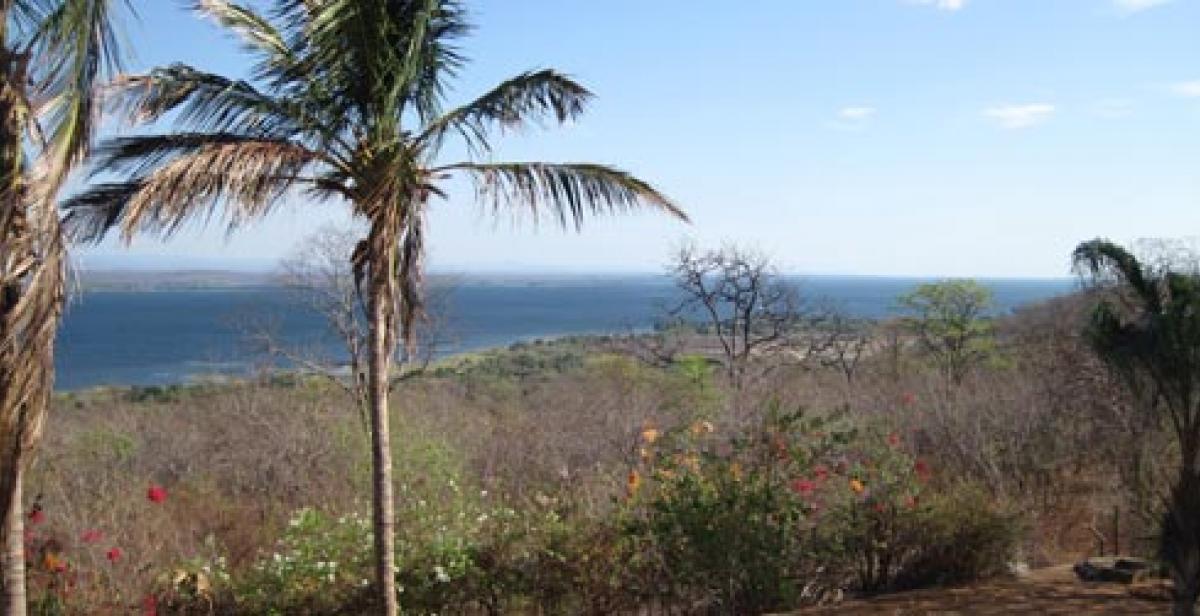Newspapers, online media and popular entertainment have an influential role in shaping the imaginations of citizens in the global North and their understanding of the Global South.
News reporting and media coverage of Africa today plays an enormous role in shaping our perceptions of African events and issues. Watching news coverage of Africa there is a structural bias toward news reporting on Africa that dehumanises and portrays Africans as backward and incapable of developing the capacity to sustain their own livelihoods. This could not be further from the truth.
What we hear in the international media gives us a pre-conceived idea about the place and its inhabitants. Notions of savagery and backwardness are prevalent in narratives of the continent today as journalists and newspaper publications concentrate their time focusing on stories concerned with HIV/AIDS, poverty and conflict. The international media it feels serves to reinforce cultural stereotypes, contributing little to the knowledge and awareness of Africa and the complexity of her contemporary development challenges.
New African Editor, Baffour Ankomah, a well known African journalist expressed that “For decades, concerned Africans have complained about the biased reporting on Africa by the international media. In 2000 the Economist labelled Africa the hopeless continent in its front cover.
The often biased and narrow reporting on African issues, whether it is dehumanizing hunger in regions such as Ethiopia or Somalia, or referencing tribalism to explain election violence in Kenya, there is an overwhelmingly large amount of negative media coverage that has overshadowed the success stories of African governments and individuals. Rising discontent over the nature of reporting around African issues is widespread and has given birth to newspapers and publications that are aimed at countering the negative perceptions of the Western press. The Pan African News Agency (PANA) and the New African are just a few that have emerged in recent years.
The situation in Zimbabwe as reported by the international press does much to distort your idea of the country and the situation on the ground. The responsibility us as volunteers now is to assist in filling the information gap and portray Africans as not passive, lazy people but resilient, enduring and strong individuals. We are here to merely facilitate and support their ingenuity and dynamism.
Walking down the main road that connects Binga District you come across many people who engage you in your own language. The interest and curiosity with which people engage us is unparalleled to anywhere I have travelled before. We are greeted with an openness which I only imagined real in romanticised stories of the countryside.
Binga centre has many surprises waiting for you that you never imagined in a rural town; the sound of cars and trucks in the early hours of the morning picking up labourers, the town lights lighting up the streets at night, the hustle and bustle around shops and bars from midday to late at night. The peaceful and resilient nature of Zimbabweans is a sharp contrast to the intimidating and sometimes violent nature of politics. Most people in the developed world and even in urban centres in Harare and Bulawayo would say that people in Binga have little access to information and are closed off from events happening outside of their ‘Binga bubble’.
In fact a significant number of people in Binga have smartphones and are connected to the internet and the outside world through Facebook, newsfeeds and online messaging apps. The technician in town knows more about the ins and outs of my iPhone than I do. A significant portion of school children are computer literate, using internet browsers and navigating through cyber space with ease. Their tech dynamism is reflective of an emerging generation in Africa that is computer literate and highly capable of mastering their own fate, given enough opportunity and resources.
You will notice this when visiting Binga; the tranquillity and warmth of local people is the antithesis of what you would expect from a country that is frequently depicted as violent, lawless and insecure by the international media. Rarely does the narrative of local people and their resilience over the most challenging conditions triumph over niche stories of human rights abuses, disease epidemics and repressive states. Africa is not hopeless nor is it a dark continent. There are unavoidably large disparities in the Binga region between urban and rural dwellers that highlight that nature of poverty and deprivation which is still widespread in the region.
Incomes in the area are some of the lowest in Zimbabwe and most people carve out a livelihood on the margins, through subsistence farming and fishing. Despite access to advanced technologies, many still cook on open fires and lack basic elements of development and freedom.
Nevertheless we should be trying to actively change the image that journalists paint of Africa. Progressio’s work in the Binga region is focused upon promoting sustainable development through health, education and wildlife tourism. We have a duty to paint a true picture of Binga and Zimbabwe in order to foster the development of these sectors. Challenging perceptions of the BaTonga people in Zimbabwe and abroad is something that we as volunteers feel is our mission and will continue to do so on our return to the UK.
Written by Leslie T. Ndlovu and Tane Rogers-Eirug



